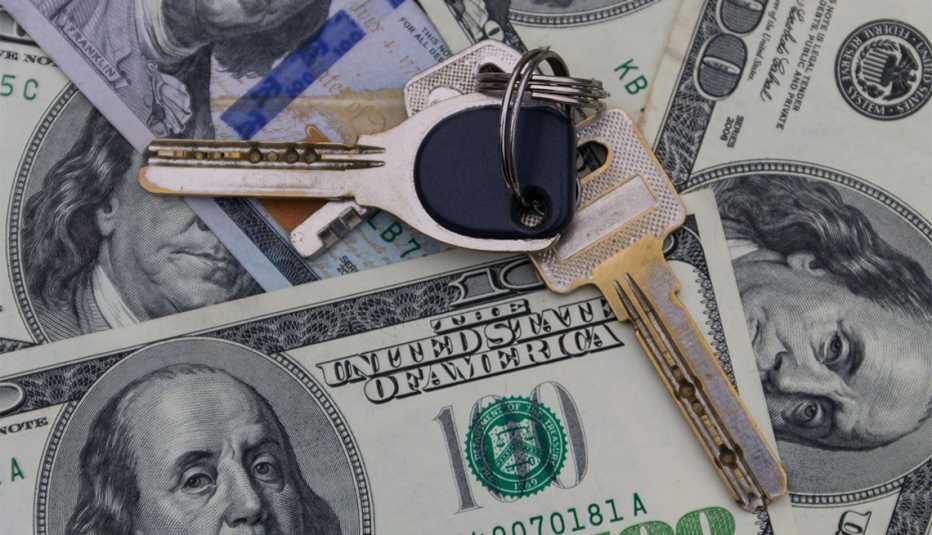Staying Fit


Entering retirement debt-free is a dream for many, particularly when it comes to paying off their mortgage. Who doesn’t want that burden lifted? But getting in the black from a housing standpoint doesn’t always make sense. In some instances, paying off your mortgage may cost you more than hanging on to the debt.
Determining what’s right for you requires lots of considerations, including your finances and your emotions. What’s right for one person may be wrong for another. With that in mind, here’s a look at when it makes sense to pay off your mortgage and when it doesn’t.


AARP Membership— $12 for your first year when you sign up for Automatic Renewal
Get instant access to members-only products and hundreds of discounts, a free second membership, and a subscription to AARP the Magazine.
Pay off your mortgage:
- If you want to lower your baseline expenses.
Retirement is expensive, and housing is a big part of it. If you have the cash and it’s earning less than your mortgage interest, paying off your loan could be a viable option. Especially if the idea of being charged to borrow money is nagging at you.
“If you’re looking at a mortgage payment, and there’s still a long time to go on the mortgage and it’s higher than the rate of a relatively risk-free return in the current marketplace, that would be an opportunity to pay it off,” says Maggi Keating, a certified financial planner and senior portfolio manager at FBB Capital Partners. Much of the benefit from the mortgage interest deduction goes away by the end of your mortgage anyway. “If you are paying a couple thousand a month for a mortgage, that would be a nice chunk gone out of cash flow,” she says.
- If sleeping well at night is a high priority.
You can’t put a price on peace of mind, especially in retirement. It may not make sense on paper, but if it keeps your mental state intact and you can afford to do it, it may be the right choice. That’s particularly true if you plan to age in place, a growing trend among older adults. According to AARP’s 2021 Home and Community Preferences Survey, about three-quarters of adults 50 and older said they want to stay in their current homes or communities for as long as possible. What’s more, most would be open to sharing their home with a relative other than their spouse (69 percent) or with a friend (54 percent) as they age. To some people, there’s no better feeling than knowing you own your house outright.

































































More From AARP
Job Search, Work Resources and Tools
Get resources, information, and tools for your job search. Find great senior jobs and part-time work from home11 Ways to Lower Summer Electric Bills
Generate big savings with little effortDon't Let Inflation Keep You From Your Doctor
Speak up if you're worried about paying the bill